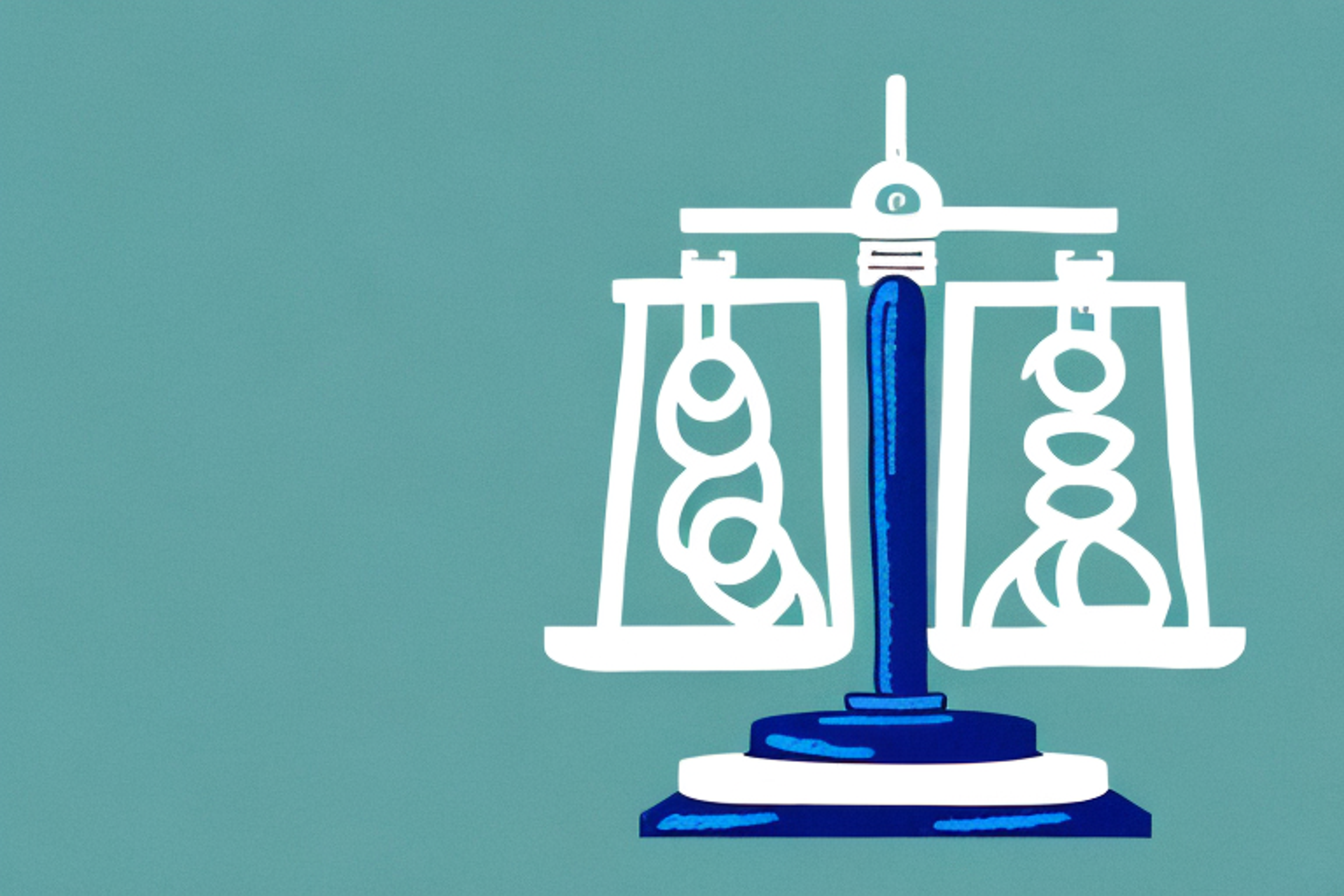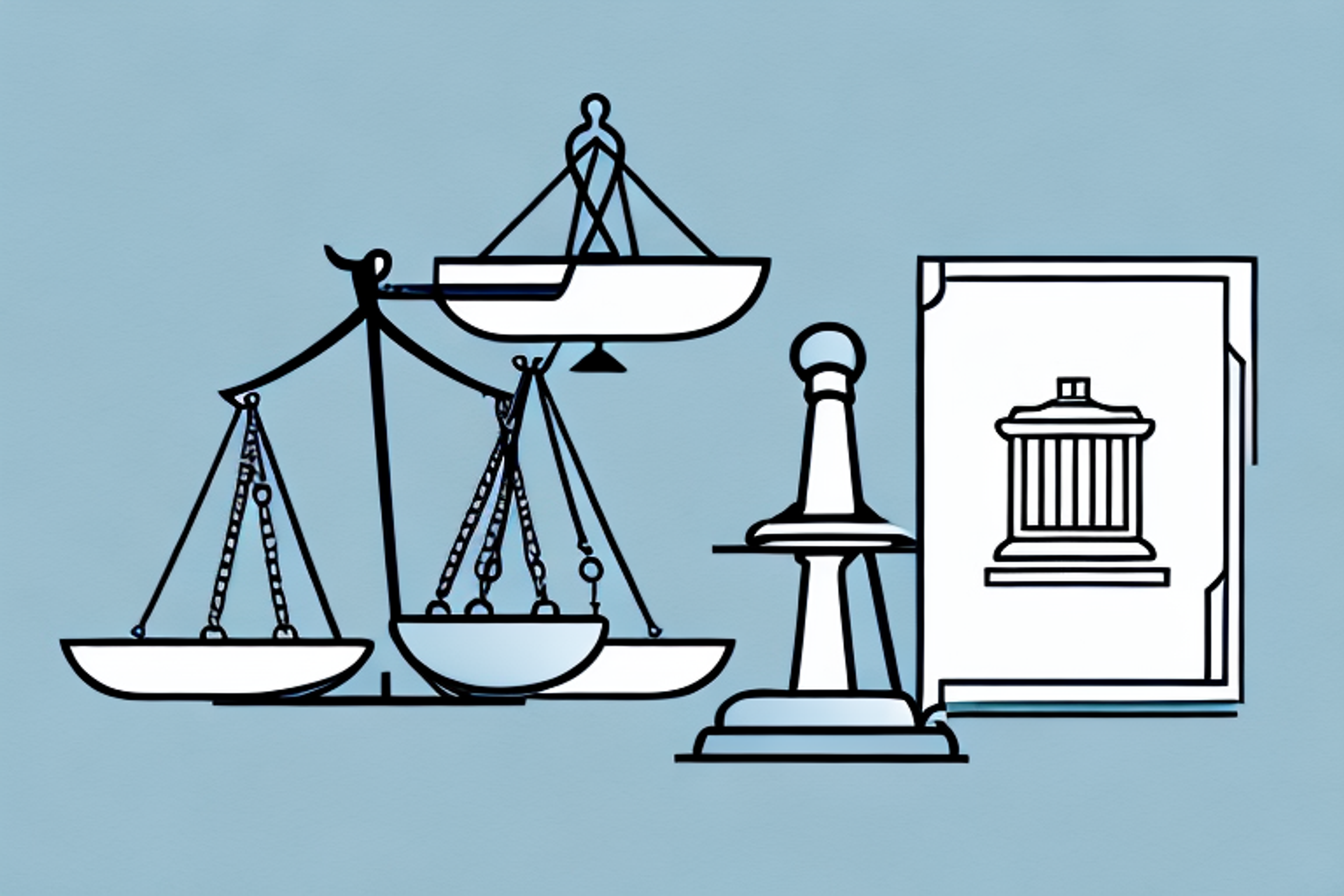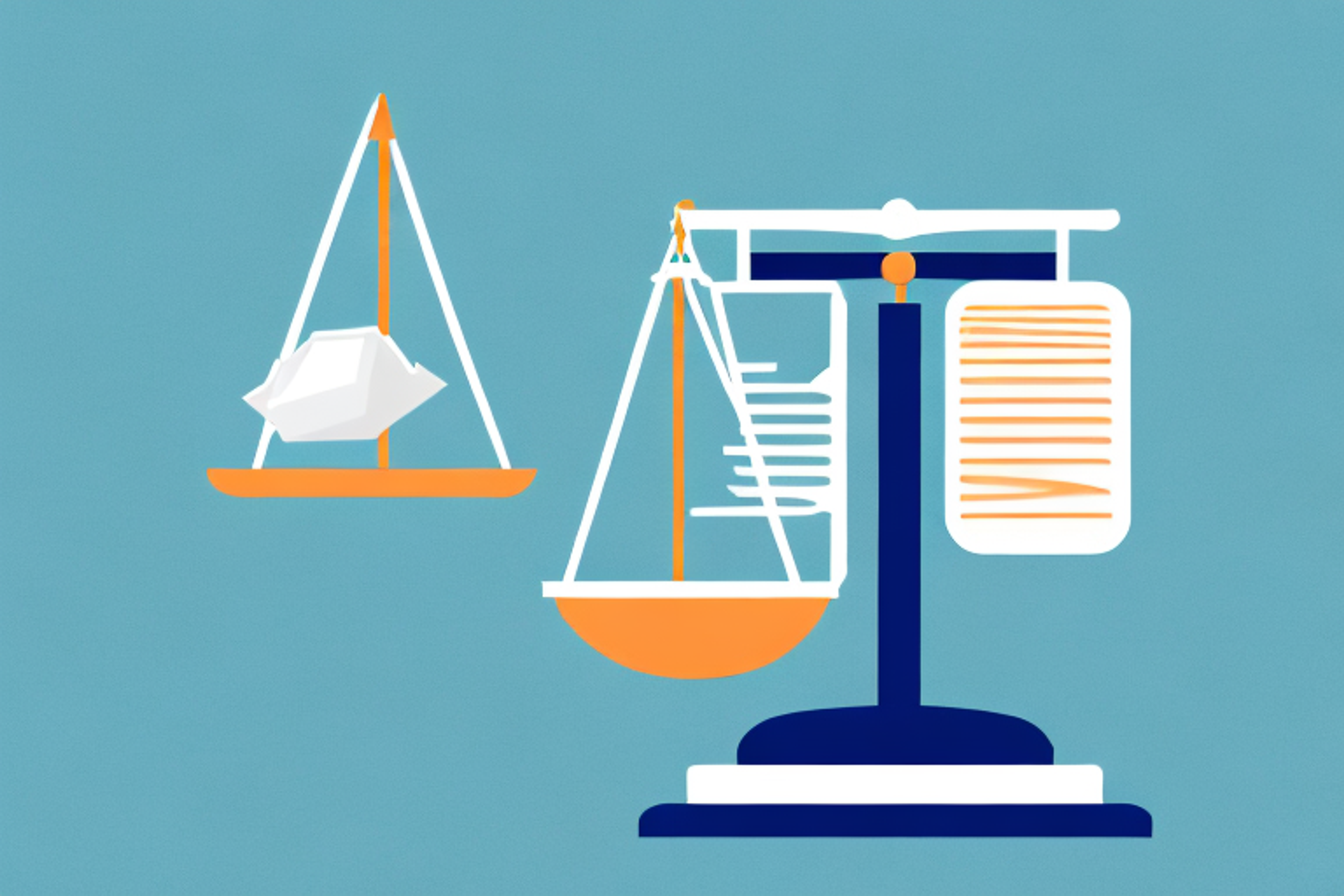The Pros and Cons of 3+3 JD Programs
Are you considering a 3+3 JD program? This article explores the advantages and disadvantages of this accelerated law school option.
Posted March 6, 2025

Table of Contents
For students considering a career in law, one option to pursue is an accelerated 3+3 JD program. These programs, available at select universities, allow students to complete their undergraduate degree plus a Juris Doctor (JD) degree in just six years instead of the typical seven. While this may seem like an appealing option, there are both pros and cons to consider before committing to a 3+3 JD program.
What Are 3+3 JD Programs and How Do They Work?
3+3 JD programs combine a student's final undergraduate year with their first year of law school. By completing the two degrees in a shorter time frame, students can potentially save both money and time compared to completing a separate undergraduate and law degree. To qualify for a 3+3 program, students typically need to meet certain academic requirements and complete a specific major.
One advantage of 3+3 JD programs is that they allow students to start their legal careers earlier. Since they complete their law degree in a shorter time frame, they can enter the workforce sooner than their peers who pursue traditional undergraduate and law degrees. Additionally, some 3+3 programs offer students the opportunity to participate in internships or externships during their undergraduate years, which can provide valuable hands-on experience in the legal field.
However, it's important to note that 3+3 JD programs may not be the best fit for every student. The accelerated pace of these programs can be challenging, and students may miss out on some of the benefits of a traditional undergraduate experience. Additionally, some students may prefer to take a gap year or pursue other interests before starting law school. Ultimately, it's important for students to carefully consider their goals and priorities before deciding whether a 3+3 JD program is right for them.
The Benefits of Pursuing a 3+3 JD Program
One of the most obvious benefits of a 3+3 JD program is the potential for cost savings. Completing both degrees in six years could save thousands of dollars in tuition and other expenses, as well as allow students to enter the workforce or begin their legal career earlier. Additionally, 3+3 programs can be highly selective and can offer additional resources and opportunities to their students, including access to networking events and internship placements.
Potential Cost Savings of a 3+3 JD Program
By enrolling in a 3+3 JD program, students can complete their undergraduate degree in just three years, rather than the traditional four. This alone can lead to significant savings in tuition costs. Additionally, many 3+3 programs offer scholarship opportunities and financial aid packages to help offset the cost of tuition and living expenses. If accepted into a 3+3 program, students should carefully review their financial aid packages and consider options for repayment of any loans taken out to fund their education.
Another potential cost-saving benefit of a 3+3 JD program is the ability to enter the workforce sooner. By completing both their undergraduate and law degrees in six years instead of seven, students can start earning a salary and gaining valuable work experience a year earlier. This can help offset the cost of tuition and living expenses, as well as provide a head start on paying off any student loans.
It's also worth noting that some 3+3 JD programs offer opportunities for students to gain practical legal experience while still in school. This can include internships, clinics, and other hands-on learning opportunities. By taking advantage of these experiences, students can build their resumes and increase their chances of securing employment after graduation. This can be especially valuable for students who may not have the financial resources to pursue unpaid internships or other opportunities outside of school.
The Drawbacks of Accelerated Law Programs
While there are significant benefits to completing a 3+3 JD program, there are also drawbacks to consider. These programs move at an accelerated pace, which can be difficult for some students to keep up with. Additionally, students may sacrifice the full undergraduate experience by completing their degree in just three years, including opportunities for extracurricular activities and sporting events. Finally, the intensive nature of law school can leave little time for personal pursuits or outside work, which can have long-term consequences for a student's mental health and well-being.
Another potential drawback of accelerated law programs is the limited time for internships and networking opportunities. Since students are completing their undergraduate degree in just three years, they may not have as much time to gain practical experience through internships or build professional connections through networking events. This can put them at a disadvantage when it comes to securing employment after graduation, as many law firms and employers value practical experience and connections in addition to academic credentials.
Balancing the Demands of a 3+3 JD Program with Other Obligations
As with any demanding academic program, students enrolled in a 3+3 JD program must learn to balance their academic responsibilities with other commitments. These programs can be particularly challenging for students who have family or work obligations that compete for their time and attention. To succeed in a 3+3 program, students must be willing to prioritize their academic workload and manage their time effectively.
One way that students can balance the demands of a 3+3 JD program with other obligations is by utilizing resources provided by their school. Many schools offer academic support services, such as tutoring and study groups, that can help students stay on track with their coursework. Additionally, some schools offer flexible scheduling options, such as evening or weekend classes, that can accommodate students who work or have other commitments during the day.
Another important factor in balancing the demands of a 3+3 JD program is self-care. Law school can be stressful and demanding, and it's important for students to take care of their physical and mental health. This can include getting enough sleep, eating well, exercising regularly, and seeking support from friends, family, or mental health professionals when needed.
The Admissions Process for 3+3 JD Programs
Admission to a 3+3 JD program is typically highly selective, and students must meet specific academic and other qualifications to be considered. In most cases, the admissions process includes a review of a student's undergraduate and academic performance, as well as their motivation for pursuing a career in law. Successful applicants must demonstrate a commitment to the field of law and a willingness to undertake the intensive workload required by a 3+3 JD program.
Additionally, many 3+3 JD programs require applicants to submit letters of recommendation from professors or other professionals who can attest to their academic abilities and potential for success in law school. Some programs may also require applicants to submit a personal statement outlining their reasons for pursuing a career in law and their goals for the future.
It is important for prospective students to research the specific admissions requirements for each 3+3 JD program they are interested in, as these may vary from school to school. Some programs may also offer interviews as part of the admissions process, giving applicants the opportunity to further demonstrate their qualifications and commitment to the field of law.
Top Schools Offering 3+3 JD Programs in the US
Some of the top universities offering 3+3 JD programs in the United States include Boston University, Drake University, Duquesne University, and Ohio Northern University. Each of these programs has different requirements and admissions processes, and students should carefully review program offerings and speak with admissions counselors to determine which program is the best fit for their needs and interests.
Tips for Succeeding in a 3+3 JD Program
To succeed in a 3+3 JD program, students must be prepared to work hard and manage their time effectively. Some tips for success in a 3+3 program include creating a study schedule and sticking to it, seeking out additional resources and support when needed, and staying organized and focused on long-term goals. Students should also be prepared to make sacrifices along the way, such as giving up extracurricular activities or social events in order to meet their academic obligations.
Career Options and Opportunities After Completing a 3+3 JD Program
Graduates of 3+3 JD programs have a variety of career options available to them. Many go on to work in private law firms, while others pursue careers in government or non-profit organizations. Some graduates may choose to pursue further education, such as a Master of Laws (LLM) degree or a doctoral degree in law. Graduates should carefully consider their long-term career goals when deciding whether a 3+3 JD program is the best fit for them.
Comparing 4-Year and 6-Year Law Degree Programs
Students considering a 3+3 JD program should carefully weigh the pros and cons of this option. While this accelerated path to a law degree can be cost-effective and offer numerous benefits, it is not the right choice for everyone. Some students may prefer to complete their undergraduate degree in four years and then focus solely on their law studies. Factors such as personal preferences, career goals, and financial considerations will all play a role in a student's decision to pursue a 3+3 JD program or a more traditional path to law school.
How a 3+3 JD Program Can Benefit Your Legal Career
Graduating from a 3+3 JD program can offer numerous benefits to your legal career. Not only can it save you time and money in completing both degrees, but it can also help you stand out in a competitive job market. Employers often view students who have completed accelerated programs as highly motivated and capable of handling the rigorous demands of a legal career. Additionally, graduates of 3+3 JD programs often have access to extensive alumni networks and career support services that can help them land their first job after graduation.
What to Expect from Your First Year in a 3+3 JD Program
The first year of any law program can be challenging and demanding, and this is no exception for 3+3 JD programs. In your first year, you can expect to take a variety of courses in legal writing, research, and analysis, as well as more specialized courses that focus on specific areas of law, such as contracts, torts, and criminal law. You will also need to adjust to the faster pace of an accelerated program, which may require greater discipline and focus than you are used to.
Common Misconceptions About Accelerated Law Degree Programs
There are a number of myths and misconceptions about 3+3 JD programs, which can lead some students to make uninformed decisions about their educational path. Some of the most common misconceptions include the idea that 3+3 programs are easier than traditional law programs, that they offer less career flexibility, and that they require less coursework than a traditional law degree program. In reality, 3+3 JD programs are highly rigorous and demanding and require a significant commitment of time and effort to complete successfully.
Ultimately, the decision to pursue a 3+3 JD program is a personal one, based on individual needs, goals, and preferences. By weighing the pros and cons of this option carefully and doing your research, you can make an informed decision that sets you on the path to a successful legal career.











